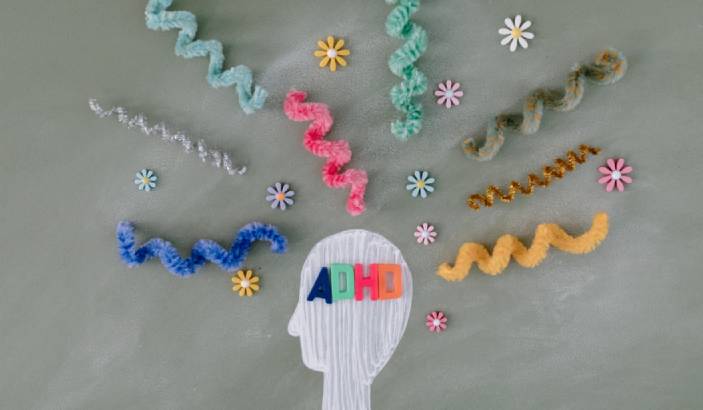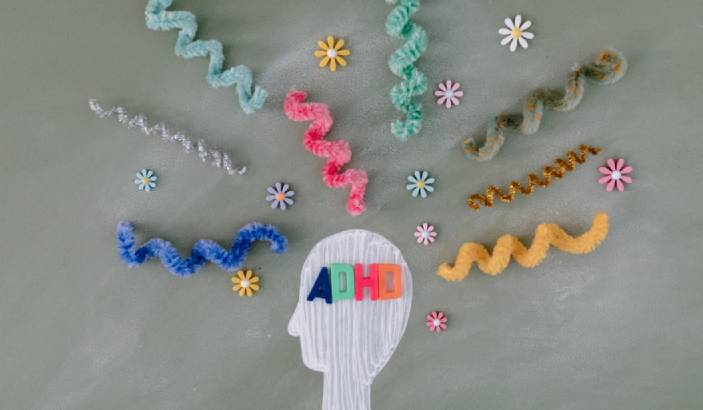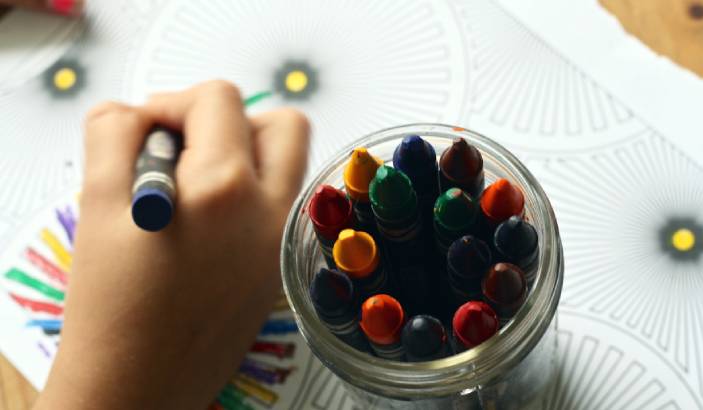Nanoparticle Therapy – An Emerging Cancer Treatment
5 Min Read


According to the CDC and the National Institute of Health, ADHD is currently the most common behavioral disorder in children. Although it is a neurodevelopmental disorder that affects children, it often continues into adulthood. While you may be hearing more about ADHD now, this disorder has been around for a long time, but lately, there is greater awareness about it, and more research is being done into it.
ADHD, or Attention deficit hyperactivity disorder, is a mental health condition. While medical professionals are not entirely sure what causes it, it can be linked to genetics or neurological problems.
There are two types of ADHD: predominantly hyperactive-impulsive and predominantly inattentive, but some people may be diagnosed with a combination of both.
Depending on which type of ADHD your child suffers from, they may:

There are two types of medication used to treat ADHD - stimulant and non-stimulant medication. Before putting your child onto any meditation, you must be aware that the medicine is not a cure for ADHD and will simply treat the symptoms, and if you stop taking the medication, the symptoms will return.
The medication is designed to help control impulsive behaviors, concentrate better and complete tasks. However, even on the drug, some symptoms, like forgetfulness and emotional issues, will still be there.
It's also vital to know that ADHD medication is trial and error - what works for some children may not work for others, as each person will react differently to the medication.
Stimulants are the most commonly used medication to treat ADHD. Non-stimulants are typically utilized when stimulants are ineffective or have severe side effects.
Before putting your child on medication to treat their ADHD, you must be familiar with the pros and cons. There are two types of stimulants - short-acting and long-acting. Short-acting stimulants are taken two to three times a day, while long-acting stimulants must be taken once a day. Usually, long-acting stimulants are favored since they are more convenient to take. Also, since a symptom of ADHD is forgetfulness, it is easier for a child to forget to take their meds if they need to take them a few times a day.
Non-stimulant medication that is prescribed to treat ADHD is usually an antidepressant. These may take a few weeks before you see results. The benefits of taking no-stimulants to treat ADHD are similar to that of stimulants. Still, the side effects of these medications can also include difficulty sleeping, nausea, vomiting, loss of appetite, mood swings, and fatigue.

If you've decided to put your child on ADHD medication, you must remember that it is not enough to help them live a better, calmer, more productive life. Treating ADHD and managing its symptoms must be looked at holistically. Making some lifestyle changes will also help to manage the symptoms more effectively. Consider the following:
Several types of therapy are used to manage ADHD effectively. These include behavioral, play, talk, and psychotherapy. Behavior therapy helps your child to be aware of their behavior, and it will teach them how to manage better and monitor it.
Talk or psychotherapy gives your child an opportunity to talk through their struggles and challenges with a trained professional. The therapist will offer your child support and guidance and help them to manage the symptoms.
Play therapy is similar to behavioral therapy, where a therapist will help your child manage their symptoms through play. This type of therapy is particularly beneficial for younger children who may struggle to communicate.
The food you feed your children can affect their energy levels and mood and may trigger other symptoms of ADHD. For this reason, it is essential for children who have ADHD to eat a balanced, nutritious diet.
While cutting sugar out of a child's diet completely may be difficult, you must at least try to reduce the amount of sugar your child consumes. Sugar is linked to increased hyperactivity and can also cause impulsive behavior.
Focus on having meals and snacks at set times, so your child's blood sugar levels remain consistent. Ensure your child gets enough protein, omega-3 fatty acids, magnesium, iron, and zinc. It is a good idea to include a multivitamin that contains these vitamins and minerals as it isn't always possible to get enough of them from food sources.Lead an Active LifestyleApart from expending a hyperactive child's energy, living an active life and exercising regularly reduces the symptoms of ADHD. Take your child to the park, enroll them in swimming lessons and encourage them to play outside.